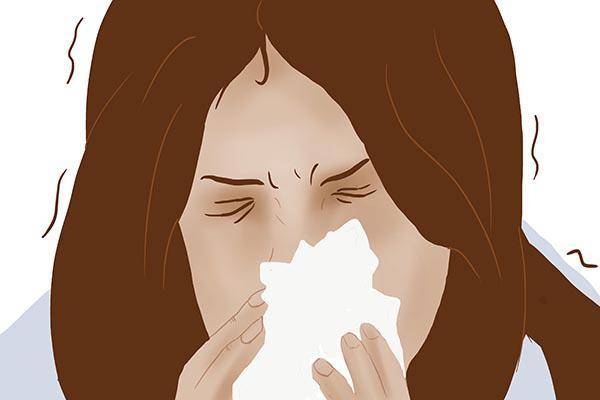When it comes to taboo foods, many older people will say: you have to be very careful, taboo foods should not be eaten, once consumed, it can easily harm the body, especially when ill, one should be even more cautious about eating them. Over time, taboo foods seem to have become off-limits, which inevitably leads to confusion: what exactly are taboo foods? Why shouldn’t they be eaten when sick?
If we analyze it from the true source, we will find that the concept of taboo foods is very similar to dietary restrictions. Taboo foods are certain things that should not be eaten under special circumstances, while dietary restrictions are about avoiding specific foods. One can understand it as taboo foods originating from dietary restrictions.
The ultimate goal of diet is to promote health through scientific and reasonable nutrition. If the diet is not rational or scientific, it can lead to issues, especially due to the lack of nutritional awareness nowadays. This lack of awareness can lead people to generalize certain phenomena based on experience, which is often erroneous. Common examples include the notion of food incompatibility and the concept of taboo foods.
After all, in the minds of many people, taboo foods refer to foods that can cause harm to the body when consumed. The foods themselves are not guilty but simply unsuitable for consumption due to timing, season, or certain individuals. For instance, the most common generalization is seafood being considered taboo foods because some individuals are allergic to seafood and may experience allergic reactions such as itchy skin or hives, or in severe cases, even shock after consuming it. This seafood allergy is a pathological physiological response related to individual constitution. For most people who are not allergic to seafood, as long as the seafood is clean, fresh, and properly cooked, it can be consumed. Individuals who have undergone surgery and are not allergic to seafood can also eat it. However, considering that seafood is rich in purines, it is not advisable to consume it regularly as it can lead to gout, which is detrimental to health.
Gastrointestinal issues are a common challenge today, and when the gastrointestinal tract faces unfavorable conditions, special attention must be paid to diet. People with poor stomach function should not over-consume hard-to-digest foods, such as fried foods, as they can lead to digestive problems.
As the saying goes, “nine out of ten people suffer from hemorrhoids,” indicating the substantial impact of this condition on the body. Therefore, special attention is required when it comes to diet. If one has hemorrhoids, it is advisable to avoid high-protein foods as they may cause constipation, worsening the condition.
In reality, taboo foods are simply certain foods that should not be eaten during specific situations, and there are no absolute rules. For instance, for minor illnesses or discomfort, there is no need to adhere to specific dietary restrictions. A common belief is that one should not consume eggs when suffering from a cold, but this claim lacks scientific evidence.
After surgery, when resting at home post-discharge, a diet rich in protein is recommended. However, individuals with chronic illnesses, such as liver cirrhosis, should opt for a low-protein diet to prevent additional burden on the affected area.
Having understood how to identify taboo foods, it is crucial to consider that food choices should vary based on individual health conditions. Eating foods at the wrong time can exacerbate issues and lead to complications.


